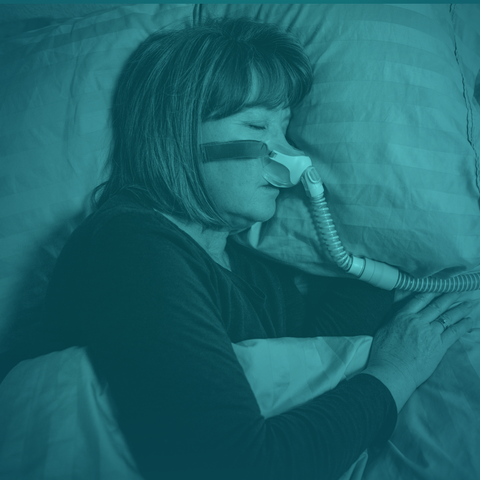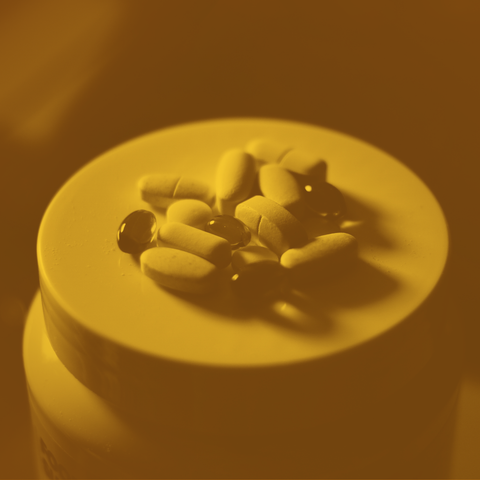Learning & education

The goals of this article are to explore the different types of naps, their specific benefits, and how napping influences hormones and neurotransmitters where information is available.

L-theanine (or N-ethyl-L-glutamine) is an amino acid analog structurally similar to L-glutamate, one of the primary excitatory neurotransmitters in the central nervous system (CNS).

Modern medicine is progressively transitioning away from treating illnesses and toward preventing them. In light of this, what if your diet regularly serves as medicine? The food you eat can significantly impact your immune system, which is the body's protection against diseases and illness.

We are all familiar with the feeling of being “in the groove” or “in the zone,” where all of our energy and focus is absorbed by a particular task or activity. This elusive state of flow or “flow state,” as it is officially termed, is difficult to reliably achieve.

Ever wake up feeling like you barely got any sleep, even after a full night in bed? Or maybe your partner keeps nudging you because of your loud snoring? If this rings a bell, sleep apnea might be the culprit — a condition that's more common than you might realize.
AI-generated responses are for informational purposes only and do not constitute medical advice. Accuracy, completeness, or timeliness are not guaranteed. Use at your own risk.
Trixie - AI assistant
close-

Hi, I'm Trixie👋 How can I help you today?

